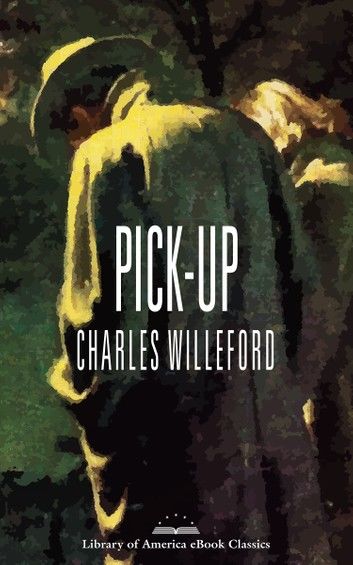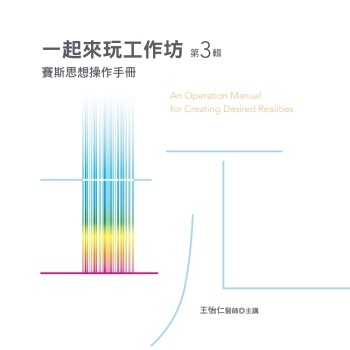First published as an unheralded paperback original, Pick-Up is an authentic underground classic, an explosive bulletin from the urban underbelly of mid-1950s America. It was Charles Willeford’s second novel, after a rough and wandering earlier life that had taken him from Depression-era hobo camps and soup kitchens to wartime battlefields. The unblinking story of two lost and self-destructive drifters—a failed painter working as a counterman in a cheap diner and a woman in flight from domestic violence—trying to find a place for themselves in the back streets of San Francisco, Pick-Up is hardboiled writing at its nihilistic best: Willeford’s preferred title for the book was Until I Am Dead. Its bleak vision of life beyond the edge is haunted by rape, racism, alcoholism, suicide, and inescapable poverty, yet shot through with a tenderness and compassion sustained against all odds in a society offering few breaks to its outcasts and misfits. Pick-Up’s many twists and violent turns culminate in an ending that continues to surprise, confirming it as what critic Woody Haut has called “a razor-sharp narrative that rips open the genre.”










![114年智力測驗快攻搶分要訣[專業軍士官] 114年智力測驗快攻搶分要訣[專業軍士官]](https://media.taaze.tw/showLargeImage.html?sc=14100121139)

